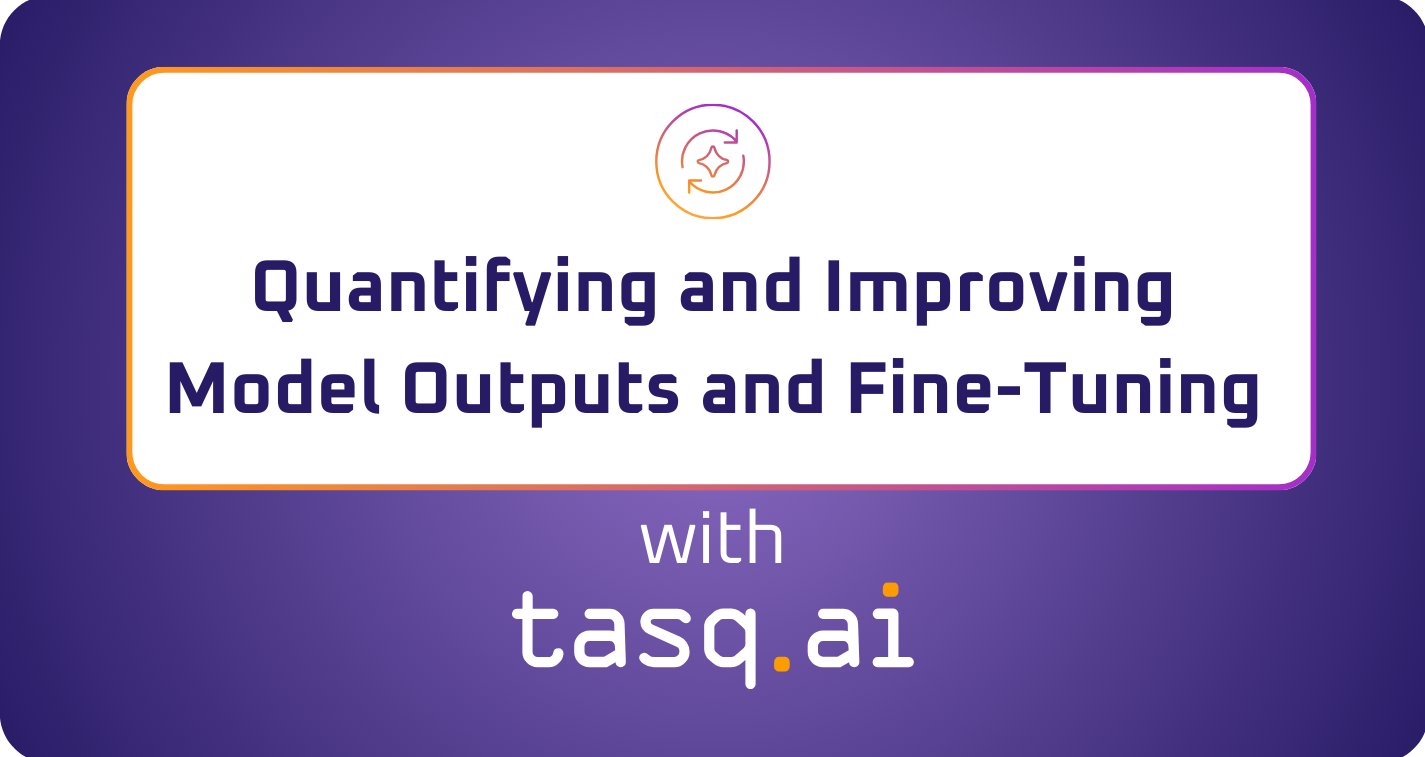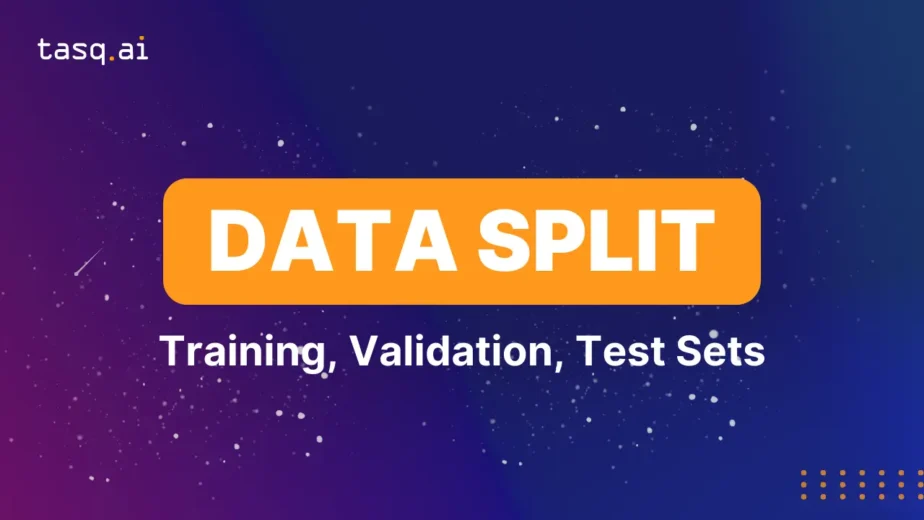The term data catalog could be described as a detailed inventory of all data assets within the organization, designed in order to help data professionals quickly find the most appropriate data for any purpose.
A stable data catalog should include:
- Data compliance– One of the main data catalog goals should be simplifying the compliance process by data asses categorization, automatic classification, and tagging options.
- Data integration with existing tools related to the company’s privacy policies, data quality rules, business workflow.
- Enabled environment for deploying (private, public, hybrid, or hybrid multi-cloud environment)
- User-friendly experience – Simplifies the process of finding the desired item, with recommendations based on other people’s experience through marks, reviews, or warnings.
Without a catalog, analysts look for data by sorting through documentation, talking to colleagues, relying on other people’s knowledge (or the lack of it), working with familiar datasets just because they are familiar with them. The process is fragile because of the human work dependence which includes a high possibility of error, rework, and a repeated dataset search which often leads to operating with data that is “close enough” while the time is running out.
In an era of mounting volumes and types of data, keeping an enterprise data catalog up to date has become a very difficult and tiring job. Overriding manual data tagging with data catalogs is possible with the use of automatic labeling which reduces the need for human intervention. Catalogs are essential to inform users of the location of data, while at the same time reducing the time taken for data identification & making it accessible for analytics. You can look at it as an inventory of your organization’s data assets.
AI-driven data catalogs provide a simple, search-based discovery to find relevant data along with a holistic view of the data to help users understand the data—where the data is coming from, how it’s being used, what other data it’s related to, the business context for that data, and the quality of the data.
Modern companies are in demand of a plenary data management solution, and one of the main steps in that process is to tie up the metadata with the master data, reference data, data relationship, and interaction. With Machine Learning based data management platforms it became possible and easy. Because of AI backup, they are a more comprehensive solution to meet an enterprise’s data cataloging demand.
Machine Learning-based Data Catalogue is beneficial for most businesses because of the automatization of a significant number of developmental, administrative, and governance tasks, but also because of:
- Improved control over data management and data governance;
- Improved data utilization and data security behavior;
- A better understanding of the data drive through insights and actions;
- explosion in the volume and variety of data that can’t be handled by tagging in typical data catalogs
- Support for regulatory demands around data privacy
- User friendly
- Easy to use for search and reporting, data curation, and data collaboration
Most benefits of Machine Learning Data Catalogues are shown in the IT sector, healthcare, defense, e-commerce, and finance as well. As an example, e-commerce, retail, and social media platforms benefit greatly from offering their customers continuous information and attractive offers to the individual, targeted consumer interests. Improving the model’s predictions, to which product or article to present to a specific user once they complete a purchase or finish reading an article, is critical to their success. Also, the ability to compare, find and rank similarities between images objectively and build the right product trees, enables e-commerce, retail and social media platforms to increase engagement and as a result, improve their Conversion Rates (CVR). (source: Tasq.ai)
Some of the well-known data catalog’s pros and cons will be listed below, in order to make a comparison between them and help you decide which is most suitable for your business.
IBM Watson Knowledge catalog
Deploying options are through IBM Cloud or IBM Cloud Pak for data. Some of the key features are intelligent recommendations, automated governance of data, an end-to-end catalog, stable data lineage, self-service insights, and quality scores. Data quality, collaboration, and compliance capabilities are also included
Pros
- The Cloud Pak for Data deployment option is mostly used for enterprises with complex ecosystems.
- Cost-effective for upfront payments
- Well integrated with IBM services and products
Cons
- The interface isn’t user friendly
- The long time deployment process
- High pricing
Alex Solutions
Alex Solutions describes their product as a metadata management solution that includes both – data catalog & data governance stable capabilities. Primarily customers are from enterprises in the financial services domain, retail, telecommunications, and utility sectors. They have a wide customers network worldwide(Australia, Asia, US, and Europe)
Pros
- Easy to deploy and use
- Broad capabilities
- Excellent lineage profiling
Cons
- Weak collaboration capabilities
- Difficult integration with data science tools and BI
- Poor training
Alation
Alation claims to be “the industry’s leading data catalog”, with more than 300,000 subscribers in 64 countries. It’s well known for its tailored solutions for finance, healthcare, retail, insurance, manufacturing, and technology companies.
Pros
- Data Catalogue pioneers with constant improvements
- Large partner ecosystem
- Extraordinarily machine learning capabilities
Cons
- Buggy releases/updates
- High price
- Still poor data lineage
Data World
Data. world is a public benefit corporation devoted to providing social benefits, such as free education, free access to many datasets, and making community resources freely available
Pros
- Public benefit organization
- User friendly
- Transparent upfront pricing
Cons
- Limited integration options
- Poor support for customers outside the U.S
- Young product with an insufficient dataset
Erwin
Erwin’s focus is on products related to the EDGE ( Enterprise Data Governance Experience), such as data literacy, data catalog, and data modeling, business process modeling, and enterprise architecture
Pros
- Well known for data modeling
- The broad range of data governance capabilities
- Strong ecosystem of partners, resellers, and customers
Cons
- Not user-friendly
- A long process of deployment
- High price
When selecting a tool, make sure that the software or service is designed to meet the needs of your users and support your workflow. If you purchase a tool that demands a long and difficult deployment and integration process, with poor user experience be prepared for possible limited use/limited value and time waste.
Providing accurate, comprehensive product information is a significant challenge for any kind of business dependable on digital presence. Not having an effective product catalog management process in place is a safe way to lose revenue and customers. A huge number of digital leaders underestimate the power of metadata which is a binding part of any search engine optimization/customers exploring options. Metadata is “the thing” that makes the difference in catching the attention of users and potential customers between your and other companies. It is available through campaigns enriched with metadata, on different platforms, with simplified UX and navigation that trigger more personalized audience experiences. And we all know that personalized UX is imperative in today’s market, regardless of sector, offer type, or region.
“Visitors who viewed three pages of personalized content had a conversion rate of 3.4%, double the rate (1.7%) for those who were exposed to two pages with personalized elements. Add-to-cart rates also experienced a large (+74%) increase between the second (9.6%) and third (16.7%) page views.” (Source: Marketing Charts )
To make long catalogs understandable and desirable, always choose a user-friendly environment and stable support in any phase of the process. That includes, (but is not limited to):
- Requesting a free trial
- Suitable for your company’s size and ecosystem
- Strong support and constant innovations are imperative
Machine Learning-based systems are highly desirable






